Running a cafe in Australia isn’t for the faint hearted. Tight margins, changing customer expectations and constant staffing challenges are just part of the landscape. So when things get busy, it’s natural to ask: who comes first, your team or your customers?
It’s a tension every cafe owner, manager and leader has felt. After all, you’re in the business of hospitality and putting the needs of others first is all part of it. But what if looking after your team is the most powerful way to serve your customers?
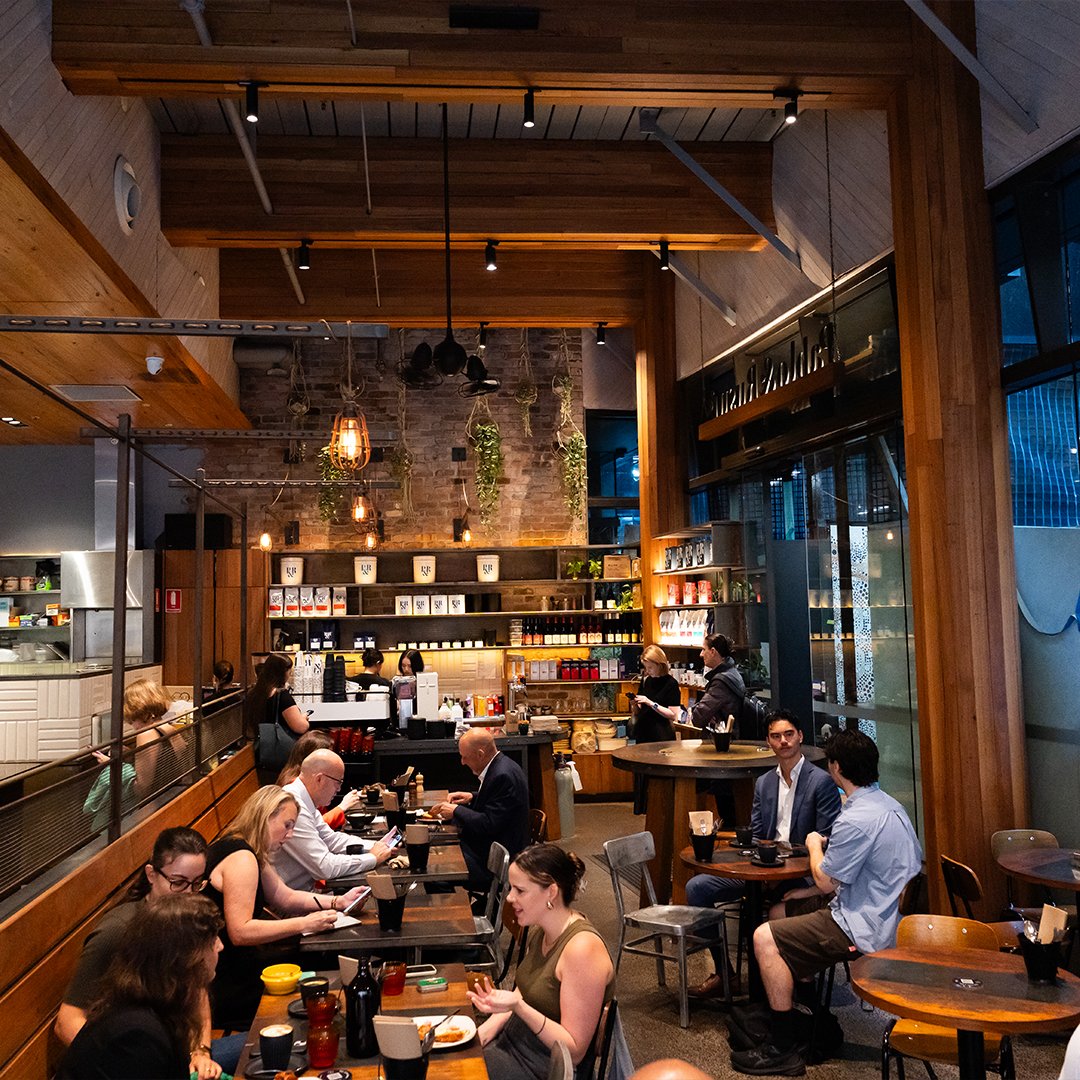
What the data tells us
There’s growing evidence that great customer experiences start behind the counter. Gallup’s 2020 meta-analysis, covering more than 112,000 businesses across 96 countries, found that teams in the top quartile of employee engagement experience:
10% higher customer loyalty and engagement
23% greater profitability
18% higher productivity
81% lower absenteeism
The message is clear. When your people are supported, connected and empowered, they show up with more care, and customers feel it.
(Source: Gallup Q12 Meta-Analysis 2020)
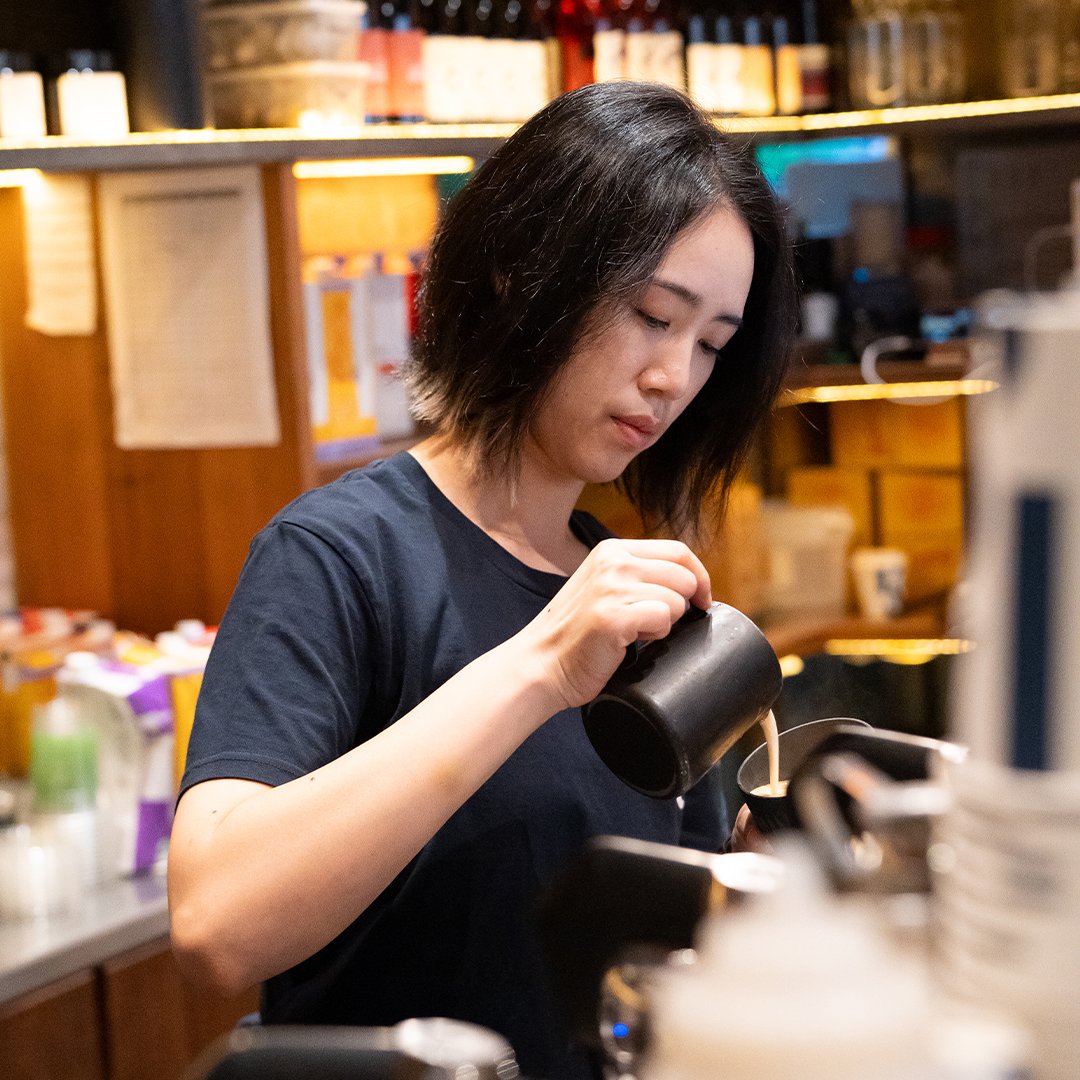
Patrick Lencioni’s The Five Dysfunctions of a Team explores the barriers that prevent teams from functioning well, such as a lack of trust, fear of conflict and lack of accountability. For cafe teams, especially under pressure, resolving these dysfunctions is essential. It lays the groundwork for trust and alignment, the building blocks of a strong customer service culture.
We unpack this and other essential reads for cafe owners in our blog post: Five books every cafe owner should read.
A healthy cafe team doesn’t just function better. It creates an environment where customers are genuinely cared for, not just served.
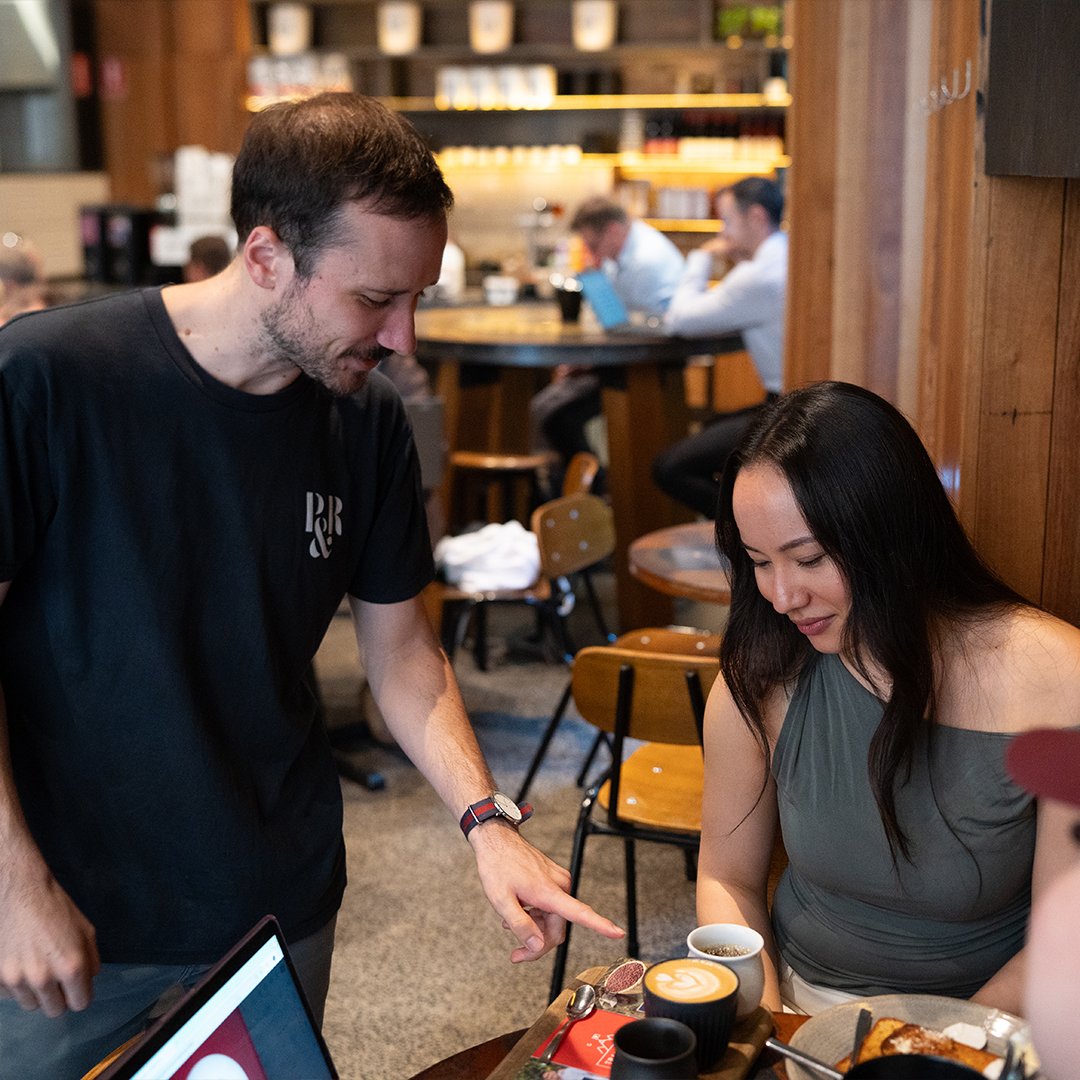
How hospitality fits in
In Unreasonable Hospitality, Will Guidara writes that exceptional service doesn’t come from scripts or systems. It comes from people who feel seen, trusted and motivated to create meaningful moments (and that first sip of the first coffee of the day is a special moment).
That kind of service doesn’t happen when your team is stretched thin, underappreciated, or unsure of what’s expected. It happens when leaders set the tone, build a sense of shared purpose and empower their people to own the guest experience.
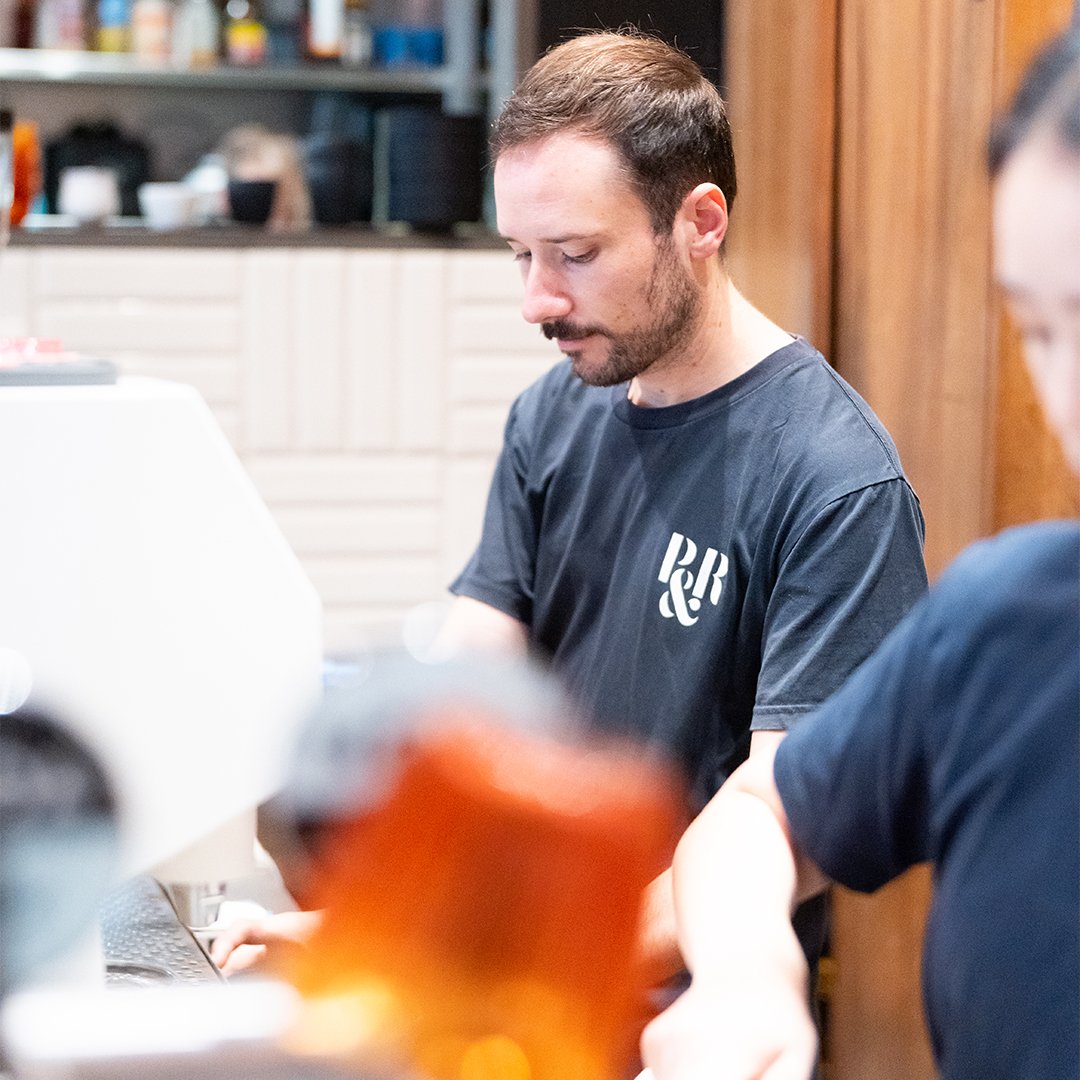
Looking after your team doesn’t mean lowering standards
There’s a myth in hospitality that looking after your team means going soft, easing off expectations, or letting poor performance slide. But it’s the opposite. When people feel safe, supported and proud of where they work, you can actually raise the bar.
Again, (I’m a big fan of Will’s principles) In Unreasonable Hospitality, Will Guidara puts it simply:
“If you want to be in the business of giving people joy, the people delivering that joy need to feel it themselves.”
Empowered teams don’t just perform better. They take ownership. That sense of pride shows up in the details. It might be the way a team member wipes down a table, talks a customer through the menu, or resets the retail shelf without being asked.
We wrote about how important it is to take care of your retail shelves in a previous post: Attention cafe owners: your retail shelves need to have prices on them. When your team knows what great looks like, they start spotting the gaps and lifting the standard themselves.
The takeaway? Don’t think of taking a moment to coach team members as a compromise on service. It’s a precondition for it.
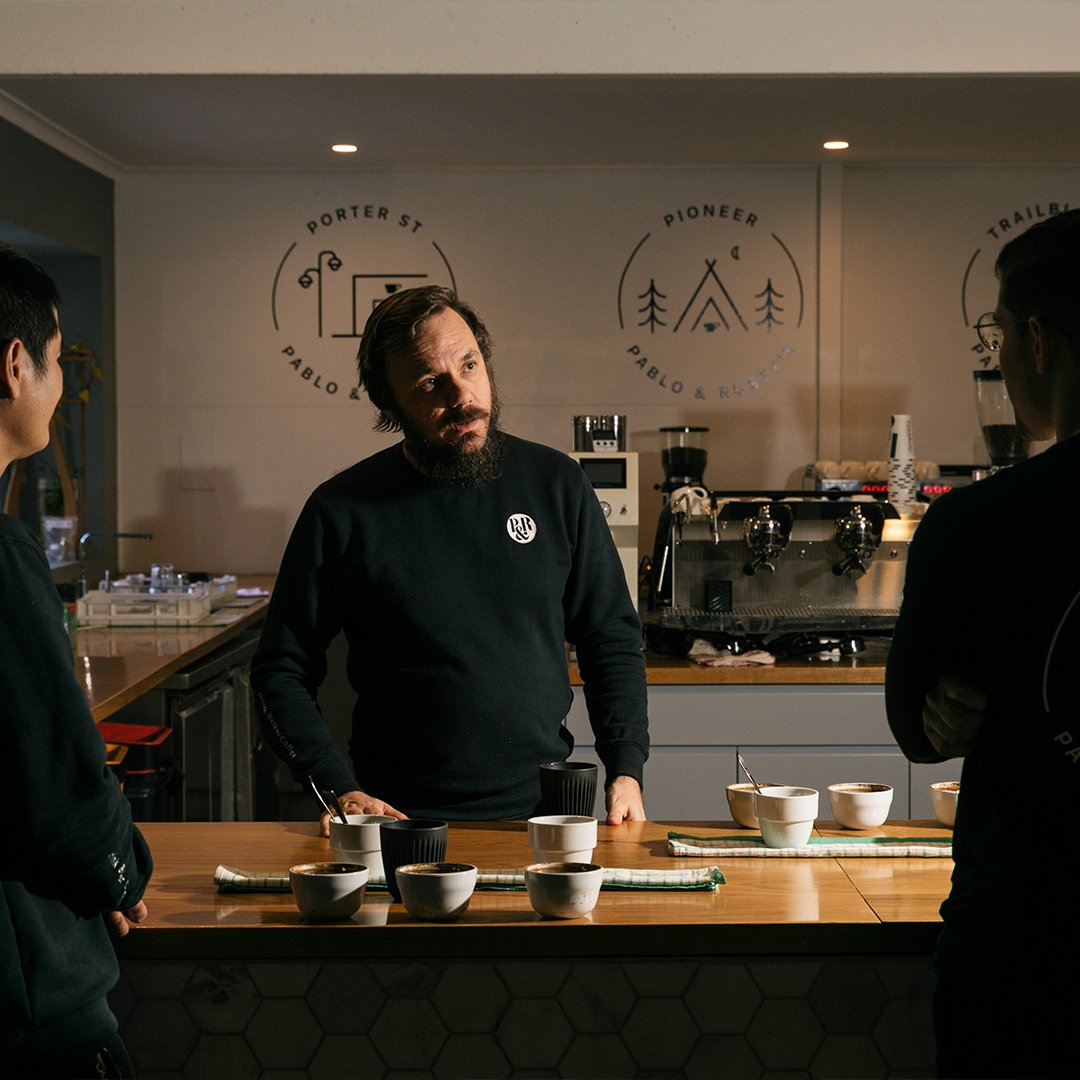
Practical ways to prioritise your team and curate experiences
Here are a few practices cafe leaders can put into play right away:
Build rhythm into your team communication. A five-minute huddle before opening can set expectations and align goals. Cover off today’s Single Origins on offer, menu specials. Equip staff to nail it.
Catch people doing things right. Public praise, even for small wins, builds culture fast. Don’t wait until a review cycle.
Be clear on service standards and involve your team in shaping them. Co-created expectations stick better and get lived out more consistently. It’ll help your team take ownership of standards they help set.
Check in personally. A quick “how are you doing?” can mean the world, especially during a tough shift or a busy week.
Use feedback as a learning tool, not a punishment. When your team feels safe to get things wrong, they’ll get better faster.
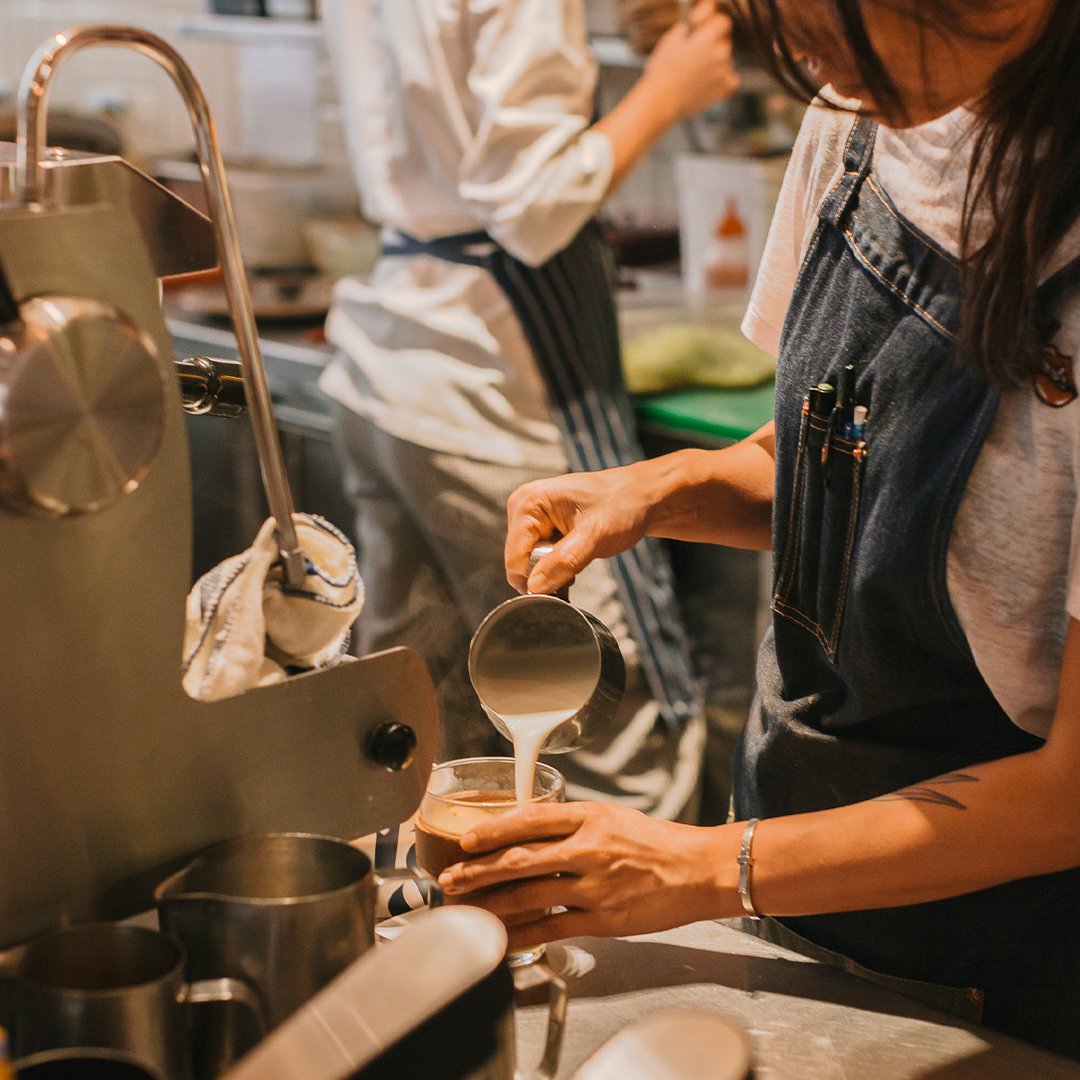
So, who comes first?
The truth is, it’s not a binary choice. But here’s the principle I’ve used that’s always served us well. You take care of your team, and they take care of your customers.
Customer service isn’t a front of house strategy. It’s the outcome of a well led, well supported team that understands the role they play in something bigger.
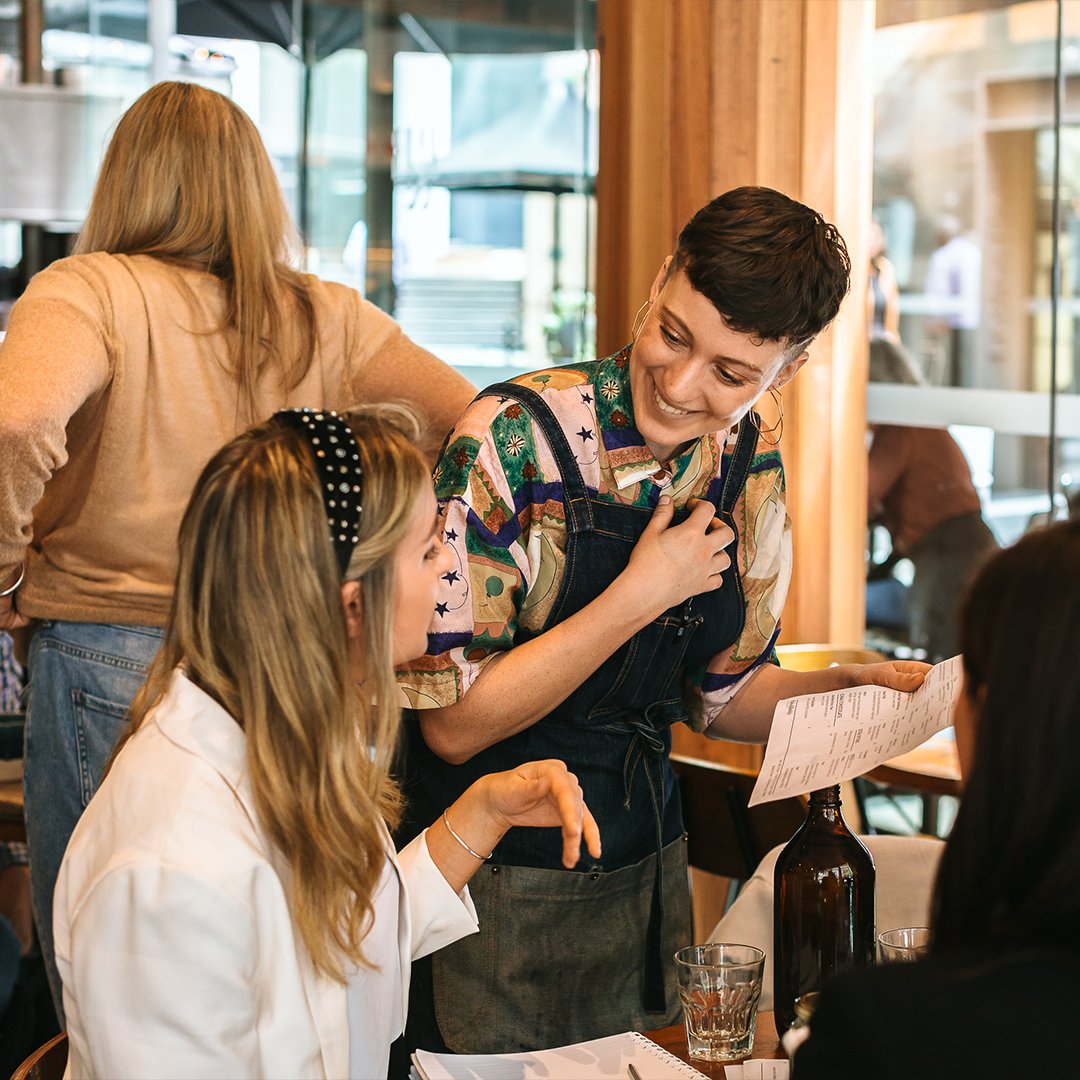
Looking ahead
This post is the first in a series on curating exceptional customer service in Australian cafes. We’ll be unpacking the systems, habits and mindsets that help good venues become unforgettable ones, starting from the inside out.
If you’d like to support building a stronger team culture or improving service in your venue, get in touch with our team. We’d love to help you create a place where both your team and your customers thrive.



